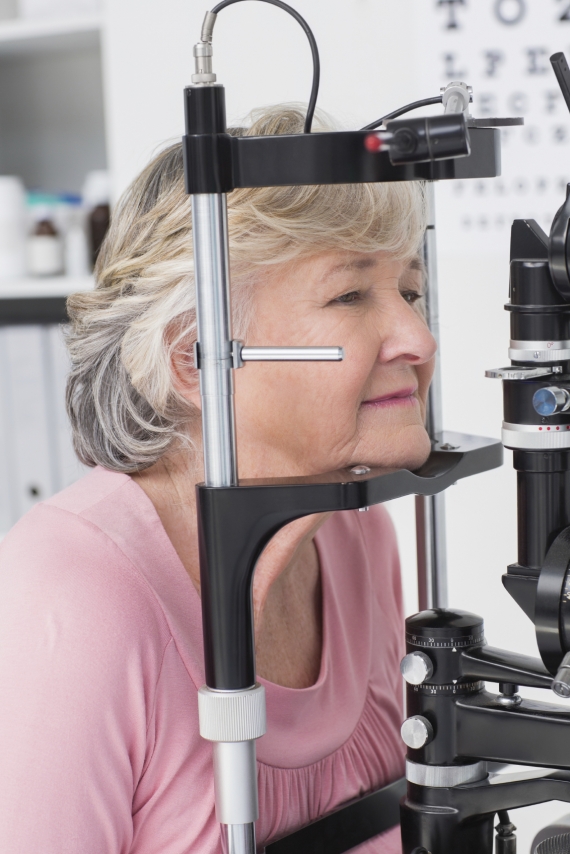Diabetic Retinopathy Treatment
Research by the National Eye Institute indicates that diabetic retinopathy is the leading cause of blindness in Americans from 20 to 74 years of age. For diagnosis and treatment in Fort Myers and Cape Coral, schedule an appointment with Elmquist Eye Group. The best time to treat diabetic retinopathy is before any vision has been lost.
 Elmquist Eye Group takes great pride in providing everyone in the family, from children to seniors, with personalized care. Serving Southwest Florida for more than two decades, E. Trevor Elmquist, DO, his partner Kate Wagner, OD, and his associate Nina Burt, OD, offer extensive experience in the most up-to-date treatments for diabetic retinopathy, macular degeneration, macular edema, and other complications of diabetes.
Elmquist Eye Group takes great pride in providing everyone in the family, from children to seniors, with personalized care. Serving Southwest Florida for more than two decades, E. Trevor Elmquist, DO, his partner Kate Wagner, OD, and his associate Nina Burt, OD, offer extensive experience in the most up-to-date treatments for diabetic retinopathy, macular degeneration, macular edema, and other complications of diabetes.
Dr. Elmquist is an experienced board certified ophthalmologist who has also been selected as one of America’s Top Doctors by Castle Connolly Medical Ltd. Drs. Wagner and Burt are skilled board certified optometrists.
We have been listed at Angie’s List since 2008, where we have maintained an “A” rating and are one of only 5% of all Southwest Florida ophthalmology and optometry practices to perform well enough to earn their Super Service Award. Your vision is in capable hands at Elmquist Eye Group.
What Causes Diabetic Retinopathy?
Diabetes and high blood sugar can have an effect on the blood vessels in the retina, and may cause them to bleed or leak fluid. Everyone who has diabetes is at risk for developing diabetic retinopathy, but not all diabetics develop the condition. It’s possible to significantly lower your risk of vision loss with early detection, timely treatment, and proper follow-up care.
How is Diabetic Retinopathy Diagnosed?
Diabetic retinopathy is diagnosed with a comprehensive dilated eye exam. Diabetic macular edema, which can also lead to significant vision loss, can be detected with a scan of the macula called Optical Coherence Tomography (OCT). This scanning device is available in Elmquist Eye Group’s Fort Myers office and is used to further evaluate patients with diabetic retinopathy.
How is Diabetic Retinopathy Treated?
There is no cure for diabetic retinopathy, and vision that is lost to the disease is often irreversible. There are effective treatments, such as laser treatments, however, that may slow the vision loss.
The first stage of diabetic retinopathy is called nonproliferative diabetic retinopathy, or NPDR. Damaged retinal blood vessels begin to leak fluid and blood into the eye, and may cause macular edema (swelling). When appropriate, laser treatment may slow the leakage of fluid and prevent further vision loss.
The more severe stage of diabetic retinopathy is called proliferative diabetic retinopathy (PDR). During this stage, abnormal fragile blood vessels begin to grow inside the retina. They may cause bleeding, glaucoma, and/or retinal detachment, as well as permanent loss of vision. Laser treatment can be done to seal off leaking blood vessels and destroy new blood vessel growth.
The sooner diabetic retinopathy is detected, the better the chances of saving your remaining vision. Controlling your blood sugar levels also helps slow down the rate of its advancement.
At Elmquist Eye Group, we perform thorough retinal exams through dilated pupils to check for diabetic retinopathy and help you decide on the best course of treatment. Call us today at (239) 936-2020 to schedule an appointment.
